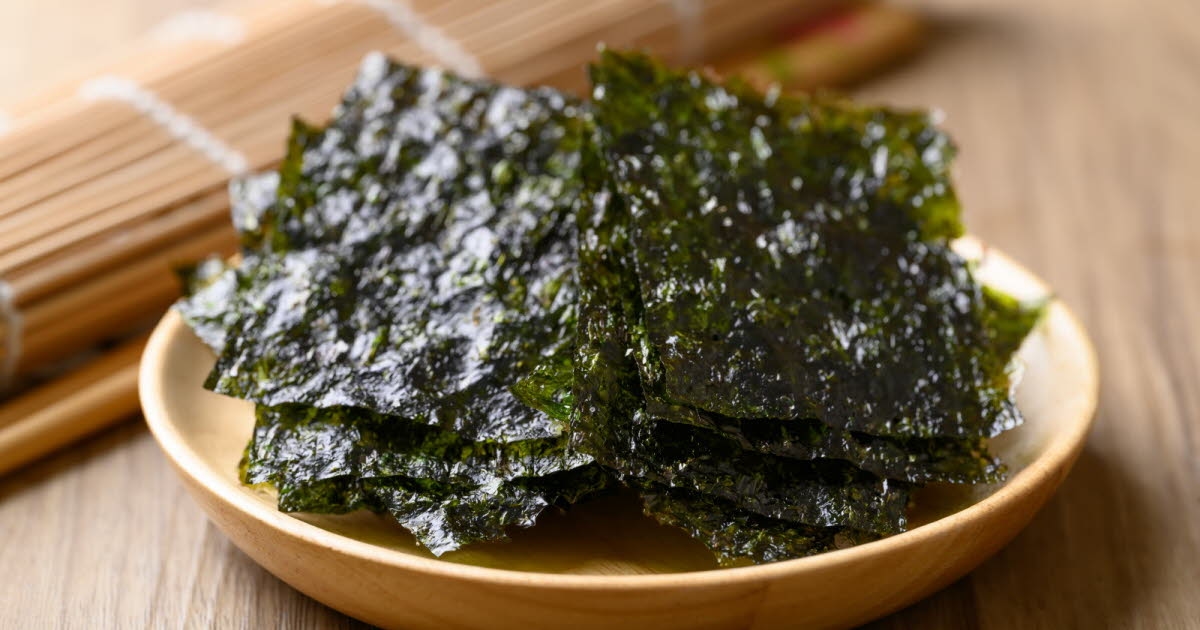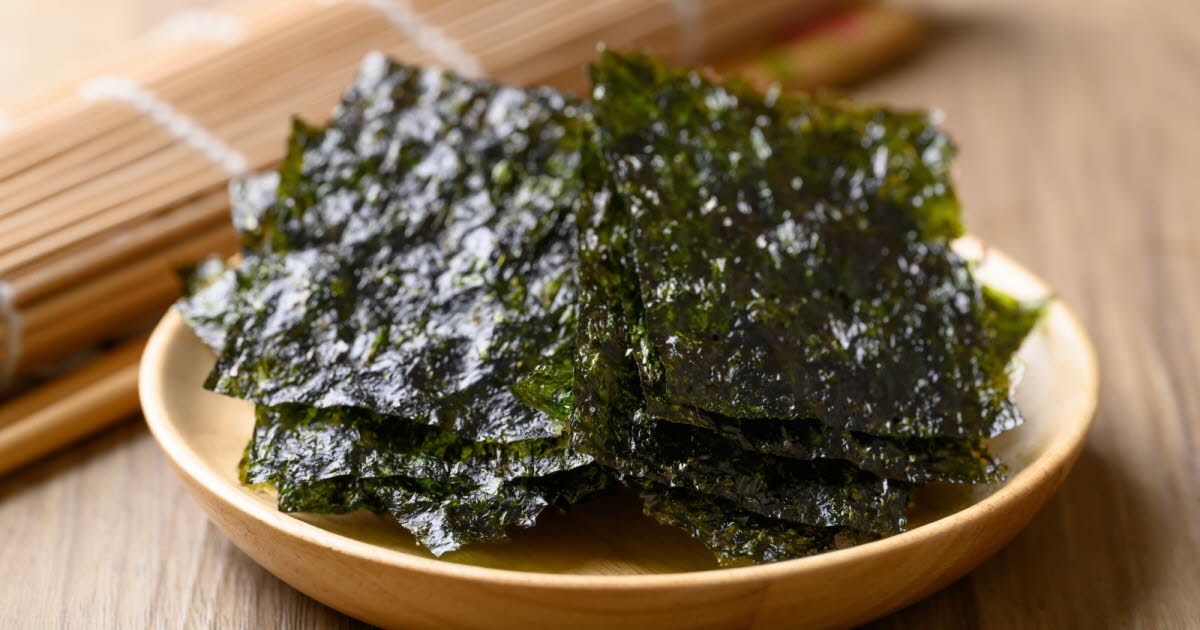Food. Edible seaweed: what are its advantages and disadvantages?

Edible seaweed, increasingly present in our diets, offers numerous health benefits. Among the most popular are wakame and nori, which provide vitamins, minerals, and fiber. However, their consumption requires some caution, particularly due to their high iodine content.
Seaweed is a valuable ally for our health. Wakame, rich in antioxidants, supports the immune system and improves digestion. Royal kombu, meanwhile, is a precious source of calcium and magnesium, beneficial for combating fatigue. Finally, nori, often used for sushi, is packed with iron and essential vitamins.
These marine superfoods are also a good source of nutrients that contribute to a balanced diet. They are easy to incorporate into soups, salads, or even vegetarian dishes.
Moderate consumptionHowever, it's important to remember that seaweed is very rich in iodine, an essential mineral for the thyroid. But consumed in excess, it can disrupt the function of this organ and also affect heart and kidney health. Some seaweeds, such as royal kombu and wakame, can contain particularly high concentrations of iodine.
The French Agency for Food, Environmental and Occupational Health & Safety (ANSES) therefore recommends not exceeding 600 µg of iodine per day for an adult, a threshold that can easily be exceeded with regular consumption of seaweed or seaweed-based food supplements.
ANSES also advises at-risk individuals against consuming foods and dietary supplements containing algae. This particularly concerns "people with thyroid dysfunction, heart disease or kidney failure, people undergoing treatment with a drug containing iodine or lithium, and pregnant or breastfeeding women, except on medical advice."
Regarding children, the agency calls for caution because the effects of iodine on their bodies are not yet fully understood.
Le Progres






